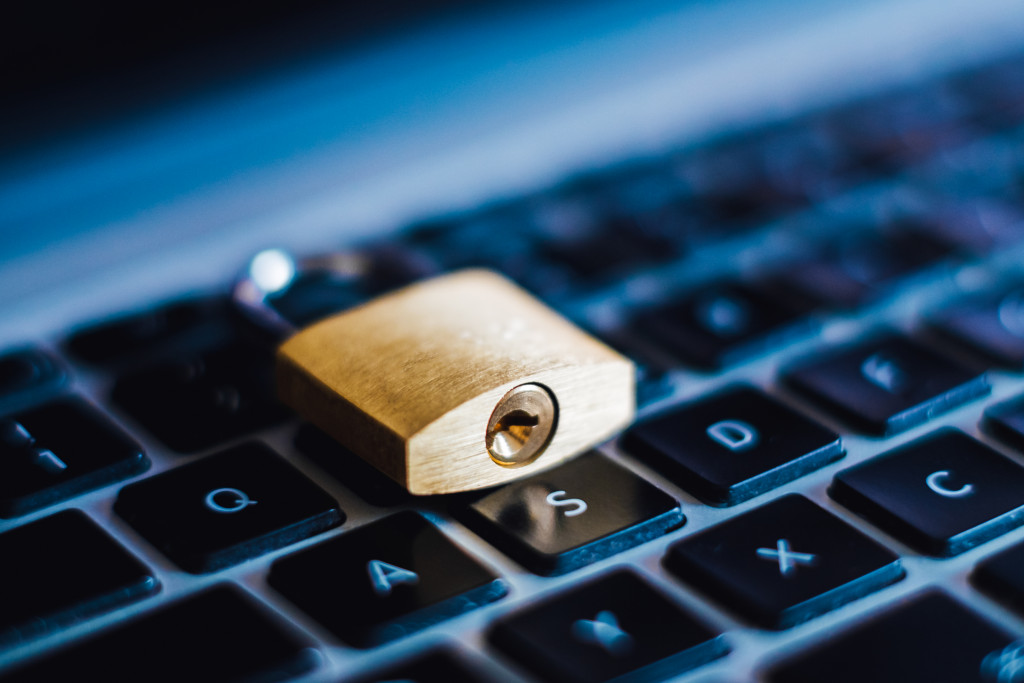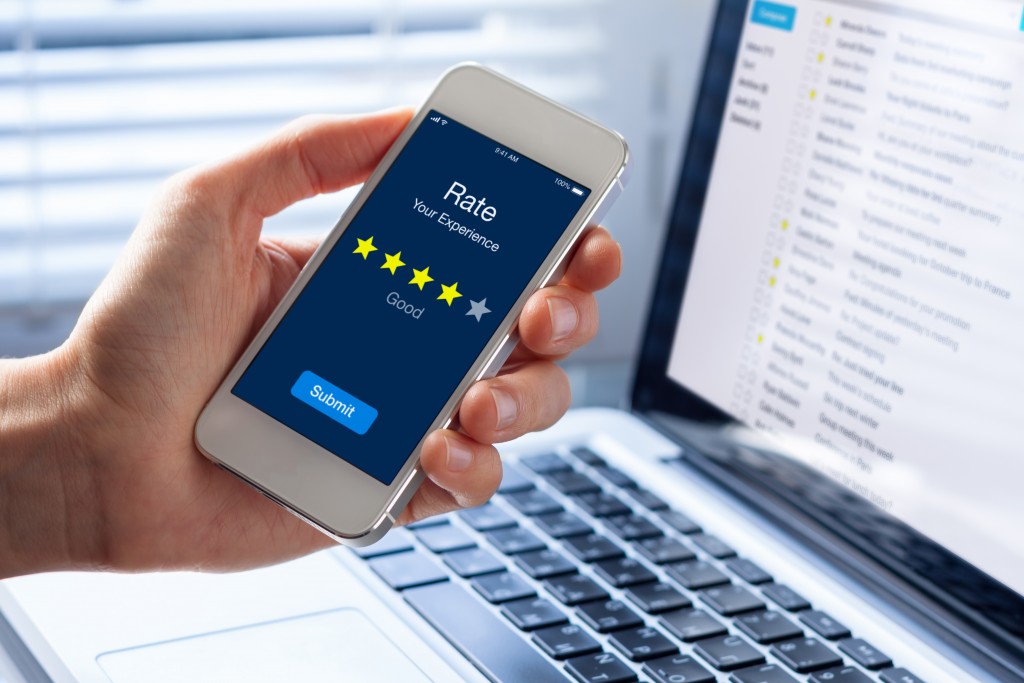As companies increasingly move to digital platforms for the storage and sharing of data, the risk for data breaches increases. To protect company data, businesses need to have a plan in place for preventing and responding to data breaches.
A data breach can occur when an unauthorized person accesses or steals company data. The consequences of a data breach can be significant, including financial losses, loss of customers, and damage to reputation. Here are some ways for companies to prevent unauthorized access to their databases.

Use strong passwords and change them regularly.
Strong passwords are important for preventing unauthorized access to company data. A strong password is difficult to guess and is not easily guessed by hackers. You can create a strong password by using a combination of letters, numbers, and symbols. You should also change your password regularly to increase security.
Using strong passwords allows businesses to protect their data from theft and unauthorized access. By using strong passwords and changing them regularly, businesses can make it more difficult for hackers to gain access to their data.
Restrict access to data to authorized users only
Only authorized users should have access to company data. You can restrict access to data by using permissions and passwords. Permissions can be set up so that only certain employees can view or edit data. Passwords can be set up so that only certain employees can log in to the company’s network.
Restricting access to data helps businesses protect their data from unauthorized access. By limiting access to data only to authorized users, businesses can make it more difficult for hackers to gain access to their information.
Install security software and updates regularly.
Employees of a company can help protect the company’s data by installing security software on their computers. Security software can help protect a computer from viruses and other malware and can also help protect data from being stolen or compromised.
Security software is typically updated regularly, so it can protect against the latest threats. Additionally, many security software programs provide features that can help protect data, such as file encryption and password protection.
When employees install security software on their computers, it helps to ensure the safety of the company’s data. Additionally, by following other simple security precautions, such as not opening suspicious emails or clicking on links in emails, employees can help keep the company’s data safe.
Secure the server room.
The server room is a crucial part of the company’s infrastructure and should be protected from unauthorized access. The server room contains the company’s servers, which stores and processes company data.
To protect the company’s data, the server room should be locked and access should be restricted to authorized personnel only. The door to the server room should be secured with a lock and key, and the windows should be covered so that no one can see inside.
The server room is where the company’s most sensitive data is stored. To protect this data, businesses should take steps to secure the server room from unauthorized access.
Setting up an energy management solution in the server rooms ensures the temperature of the room remains optimal for the servers to work. It also reduces the risk of power outages that can affect the equipment.
Back up company data regularly
Backing up company data regularly is important for several reasons. First, backups can help protect your data from being lost or corrupted in the event of a disaster. Second, backups can help you recover lost data if it is accidentally deleted or if it is corrupted. Third, backups can help you track changes to your data over time.
There are several ways to back up company data. You can back up data to a local drive on your computer, you can back up data to a remote server, or you can use a cloud-based backup solution.
Destroy or encrypt confidential information when it is no longer needed
When confidential information is no longer needed, it should be destroyed or encrypted. Destroying confidential information can help protect it from being accessed by unauthorized individuals. Encrypting confidential information can help protect it from being accessed if it is stolen or compromised.
There are several ways to destroy confidential information. You can shred documents, you can delete files, or you can use a degausser to erase the data on magnetic media. There are several ways to encrypt confidential information. You can use a password-protected file, you can use a hardware encryption device, or you can use an encryption program.
By destroying or encrypting confidential information when it is no longer needed, businesses can help protect their data from being accessed by unauthorized individuals.
Businesses can take several steps to protect their data from being accessed by unauthorized individuals. These steps include installing security software and updates regularly, securing the server room, backing up company data regularly, and destroying or encrypting confidential information when it is no longer needed. By taking these precautions, businesses can help ensure the safety of their data.


